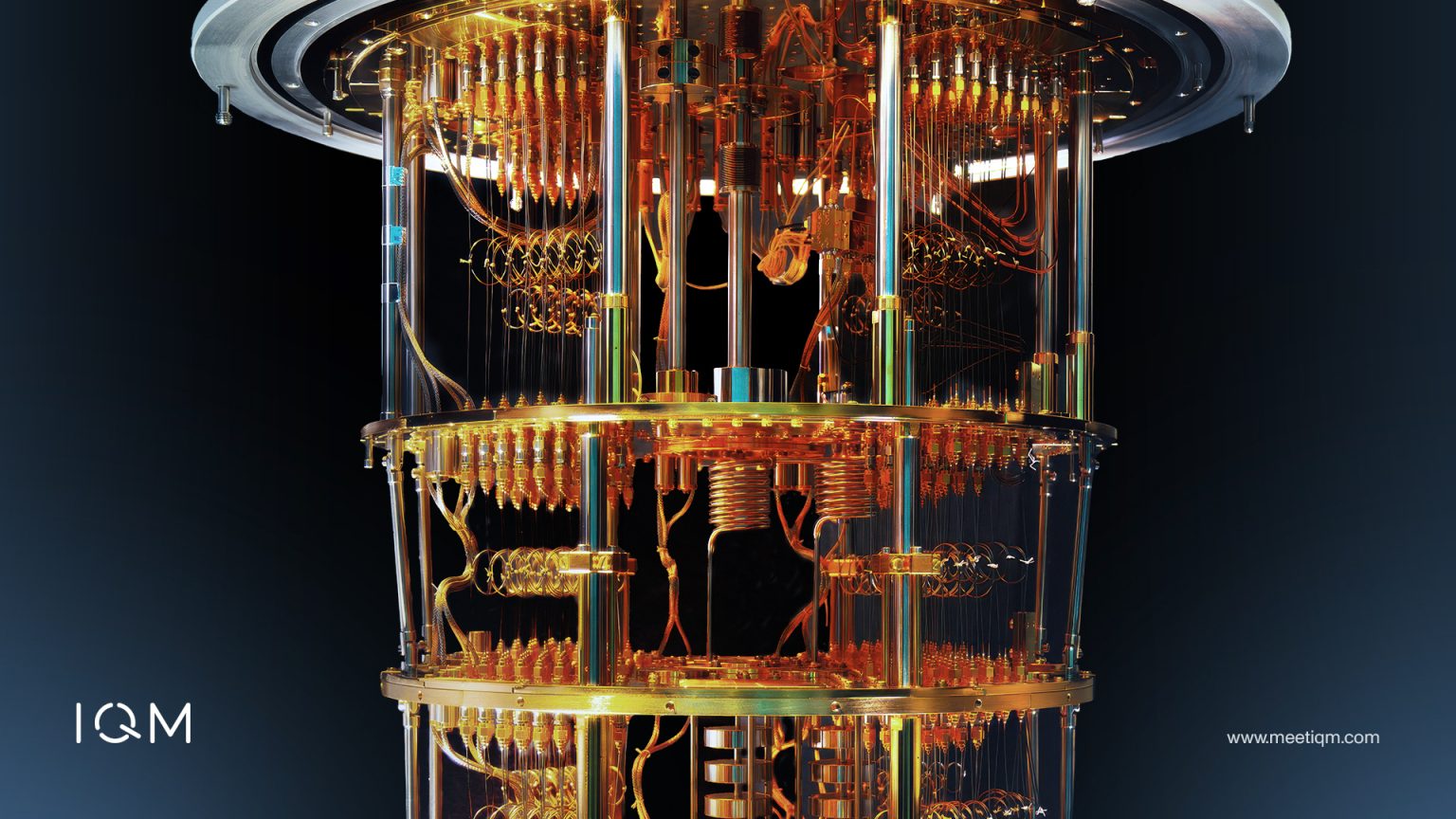A major step forward in Europe’s quantum computing ambitions has been announced, as IQM Quantum Computers will deliver two cutting-edge quantum systems to the EuroHPC Joint Undertaking (JU). These advanced quantum computers, featuring 54 and 150 qubits, will be integrated into the high-performance computing (HPC) infrastructure at the Leibniz Supercomputing Centre (LRZ) in Garching, Germany. The new systems are set to be delivered in 2025 and 2026, marking a significant boost to Europe’s scientific and industrial research capabilities.
The Euro-Q-Exa project, under which these systems will be developed, is a key part of Europe’s supercomputing strategy, combining quantum computing with HPC to accelerate progress in sectors such as chemistry, materials science, and artificial intelligence. The EuroHPC JU, which oversees the project, is funded by the European Union alongside Germany’s Federal Ministry of Education and Research (BMBF) and Bavaria’s State Ministry of Sciences and the Arts (StWK).
The first system, a 54-qubit quantum computer, will be operational by the second half of 2025. It will be followed by the more powerful 150-qubit system in late 2026. Both will play a pivotal role in executing complex quantum algorithms across a wide range of applications, providing researchers with the tools to explore new frontiers in scientific discovery.
The hybrid system, named Euro-Q-Exa, will be made available to the European research community, enabling scientists and industry experts across Europe to access the system’s capabilities. By integrating quantum computing into existing HPC infrastructure, the system will allow for advanced hybrid workflows developed as part of the Munich Quantum Software Stack (MQSS), facilitating breakthroughs in research and industrial applications.
Markus Blume, Bavaria’s State Minister for Science and the Arts, highlighted the importance of the project for the region and Europe. “The contract for the acquisition of the Euro-Q-Exa system at the Leibniz Supercomputing Centre secures Bavaria a leading position in Europe. Through collaboration with the pioneering quantum startup IQM, we are contributing to building a European quantum infrastructure. This technology holds the key to solving previously unsolvable questions, and I congratulate LRZ and IQM on their success in the Champions League of quantum computing.”
The Euro-Q-Exa system is part of a broader European initiative to integrate quantum technologies into supercomputing, with LRZ being one of six sites in Europe developing hybrid quantum-HPC systems. This development aligns with Europe’s strategic goal of becoming a global leader in quantum computing and positioning itself at the forefront of scientific and industrial innovation.
Dr Jan Goetz, Co-CEO of IQM Quantum Computers, expressed his enthusiasm for the collaboration: “Since our inception, we have demonstrated our technical capabilities and shown the advantages of integrating quantum computing with HPC. The collaborative efforts across Europe to develop quantum technology are remarkable, and we are excited to deploy our advanced systems at LRZ, driving breakthroughs in science and industry.”
Professor Dr Dieter Kranzlmüller, Chairman of the Board of Directors at LRZ, added, “We are proud to help build a European quantum ecosystem. The collaboration with IQM and our European partners allows us to continue working at the forefront of global quantum computing development.”
This partnership marks a key milestone in Europe’s journey to become a leader in the rapidly evolving field of quantum computing, with applications expected to benefit a wide range of sectors.



